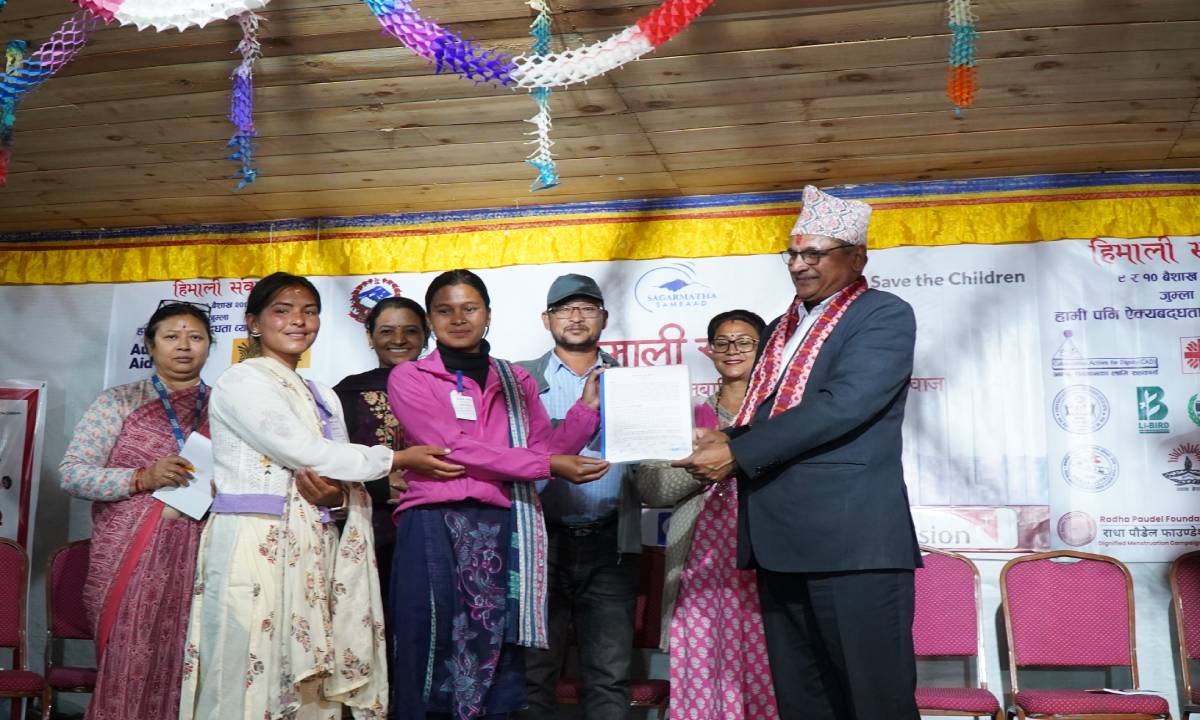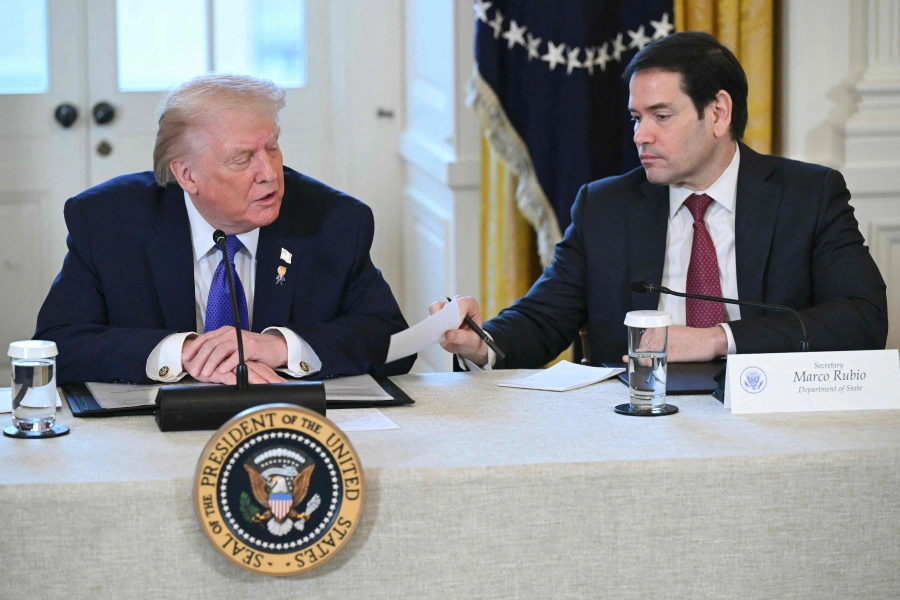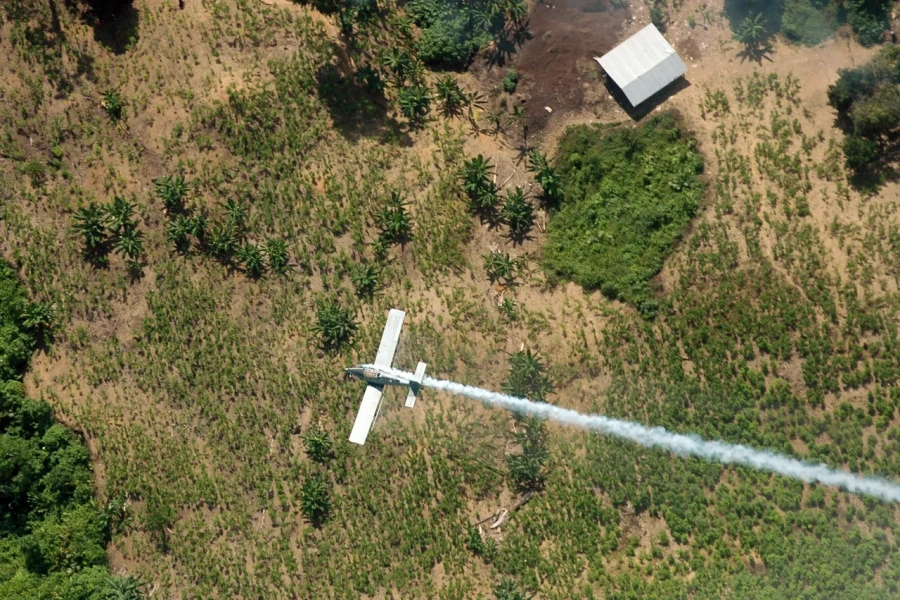JUMLA, April 24: Sixty-two children from Karnali Province gathered in Jumla on April 22-23, 2025, to raise their voices about the disproportionate impact of climate change on children, especially those in mountainous communities.
Save the Children, KIRDARC, and the Youth Alliance for Environment organized the event, a precursor to the Sagarmatha Sambaad, in collaboration with the Government of Nepal and the Sagarmatha Sambaad Secretariat.
Over two days, children interacted with climate change experts, government representatives, and civil society organizations. They discussed how climate-induced disasters are hindering their education, health, and overall well-being. The children voiced concerns about growing threats such as floods, landslides, and food insecurity and called on the government to center their lived experiences in climate policies and planning.
Tara Chhetry, Country Director of Save the Children, emphasized the need to amplify children's voices in climate discussions. She stated, "Children make up 33.8% of Nepal's population, and despite the profound impacts of climate change on their lives, their voices are often sidelined. The voices raised in Himali Sambaad are not just stories- they are solutions. Children are the conscience of our climate crisis."
SHIFT for Our Planet: Youths urge authorities to make climate j...

Fifteen-year-old Ashmita, President of the Child Club Network of Karnali, shared the harsh realities her community faces: "When our schools are buried by landslides, when our homes are flooded, when hunger follows drought, when the mountains melt-children pay the highest price. Climate change is not tomorrow's threat; it is today's emergency."
The event also highlighted the specific challenges girls face in the region. Shristi, 14, from Dolpa, explained, "When the weather changes drastically or our village floods, it's children, especially girls, who suffer the most. With food shortages and parents losing their livelihoods, girls are often pushed into early marriage or forced to drop out of school. Climate change is a child rights crisis. But for girls like us, it can mean the end of our dreams."
Discussions revealed the devastating effects of climate change on Karnali's mountainous communities. Panelists pointed to visible glacier retreat, erratic rainfall, and the increasing frequency of natural disasters such as floods and landslides. These climate challenges have worsened food insecurity, health crises, and school dropouts, particularly for children in these vulnerable areas, where poverty and harmful social norms exacerbate the effects.
The children in these areas face severe vulnerabilities due to their high exposure to climate hazards and limited capacity to adapt. The need for child-centered climate policies emerged as a central theme throughout the event.
After Himali Sambaad, the children presented the 13-point Himali Sambaad Jumla Declaration, calling for urgent action to influence the upcoming Sagarmatha Sambaad. The declaration stressed the importance of integrating children's voices and lived experiences into climate policies, particularly for marginalized communities.
The declaration also called for an intersectional approach to climate discussions, emphasizing the preservation and inclusion of indigenous knowledge and traditional practices in climate adaptation strategies. The children urged policymakers to create policies that directly address the needs of marginalized children, particularly those facing school dropouts, livelihood loss, and forced migration due to climate shocks.
The children's declaration highlighted how climate change deepens social and economic inequalities, making children more vulnerable to issues such as child labor, trafficking, early marriage, and mental health challenges. "Climate shocks not only marginalize children and communities but also deepen social and economic inequalities," the declaration stated.
The participating children made it clear that policymakers must listen to the voices of children, who are on the frontlines of suffering from climate change impacts. They urged that their experiences and needs be at the heart of climate discussions and solutions. The ‘Himali Sambaad Jumla Declaration’ sets the stage for a more inclusive, child-centered approach to climate change-one that recognizes the urgency of addressing its impacts on children, particularly those in vulnerable, mountainous communities.









































